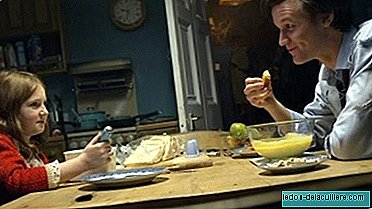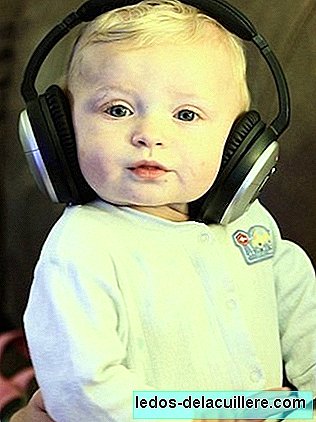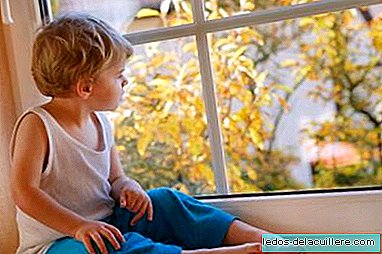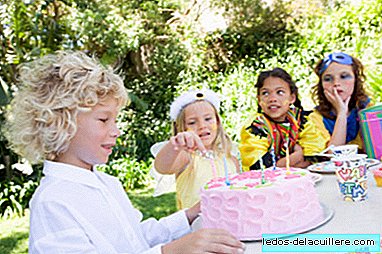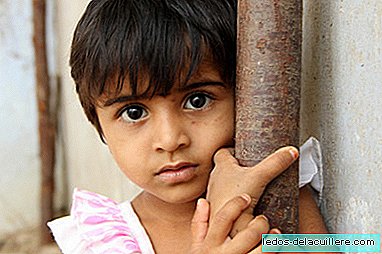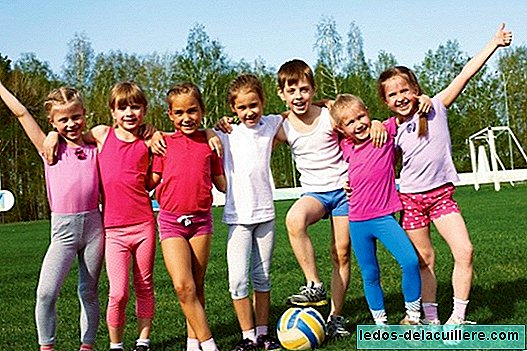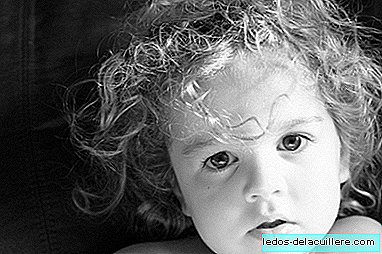
It seems that intelligence is one of the most desired capacities in parents, so let's try to raise some generalities on how to facilitate its development.
In the first place, the concept of multiple intelligence must be clear, in which it is interpreted that intelligence is a balanced combination of capabilities and that their joint use is what allows the resolution of problems. So, How can we foster the intelligence of our children?.
We could talk about two types of intelligence: mental intelligence, which would be best known for its effectiveness in solving problems or in the speed of elaboration of ideas, and emotional intelligence, which has to do with the ability to empathize (put on in the place of the other), social skills and control of one's emotions.
In the age range of one to three years, the child experiences extremely intense experiences in which he must achieve two goals that will help him in his intellectual development. On the one hand, he begins to be aware that he is not omnipotent and that he is part of a social group in which he must share, wait for a turn, yield ... On the other hand, discover a fast and diverse world that requires all his attention to I can understand and make sense of it.

From the combination of these two aspects, which are the areas of the aforementioned types of intelligence, intellectual development arises. So, What considerations can we make to foster the intelligence of our children?. I am going to propose some:
- Caring for the child's social components with the same intensity that we take care of other things (such as hygiene, for example). For this, it will be necessary to provoke, supervise and inform us of beneficial experiences for the development of social skills: seek the company of other children, facilitate tolerance to frustration and foster satisfaction in the shared experience.
- "Feed" the child's natural curiosity about the everyday and the near. In the world in which we live in virtual and digital reality, we must strive for children to perceive physical and natural reality as they will be the “foundations” of other (subjective) knowledge. It is necessary for the child to play with basic shapes (squares, triangles, circles) and with geometric construction elements (cubes, parallelepipeds, spheres, pyramids) for the development of spatial vision and project planning, with dolls in the elaboration of normal life sequences imagined (play house). On the other hand, they need to understand the world around them to the fullest: where does food come from ?, how is furniture built ?, how do animals behave ?. From all these simple and practical experiences you can extract the structure in which to develop other concepts such as the global village, social networks or computer models. This aspect is especially important when deciding which toys are the most interesting for them (Do you know that there are computer programs that mimic the use of the classic Lego game? Isn't it an exaggeration to digitize something that is simple and satisfactory in an analogical way? ).
- Facilitate sensible language through conversations adjusted to their age, interests and practical aspects. Language is the greatest expression of intellectual activity (Freud argued that the lapses of language could extract information from intellectual processes) but language does not mean speaking as soon as possible, quickly and with many words, but to exchange information with the interlocutor in an intelligible way . We tend to speak to children as if they were adults or to modulate our form of expression as if we were young children. The educational guidelines that are usually offered is that the child must be spoken clearly and concisely, avoiding irony or turns that he does not understand (unfortunately for them, Spanish is a language in which irony, exaggeration and theatricality form part of their wealth).


